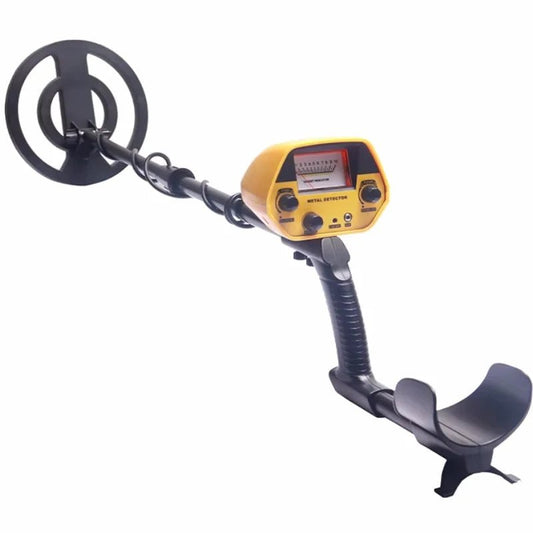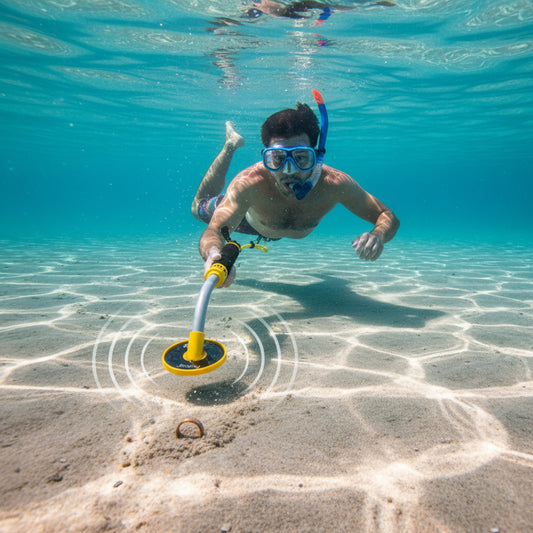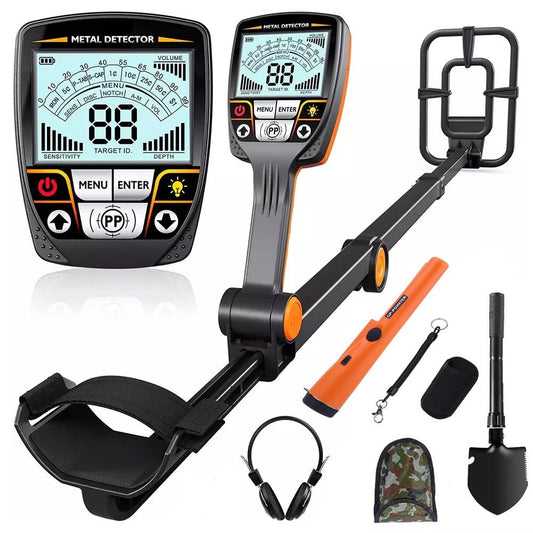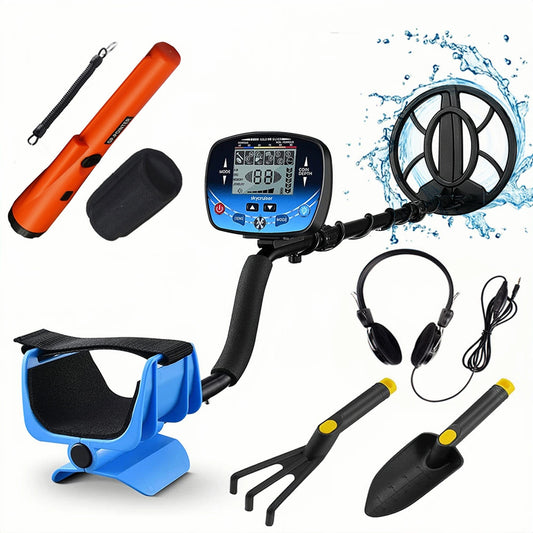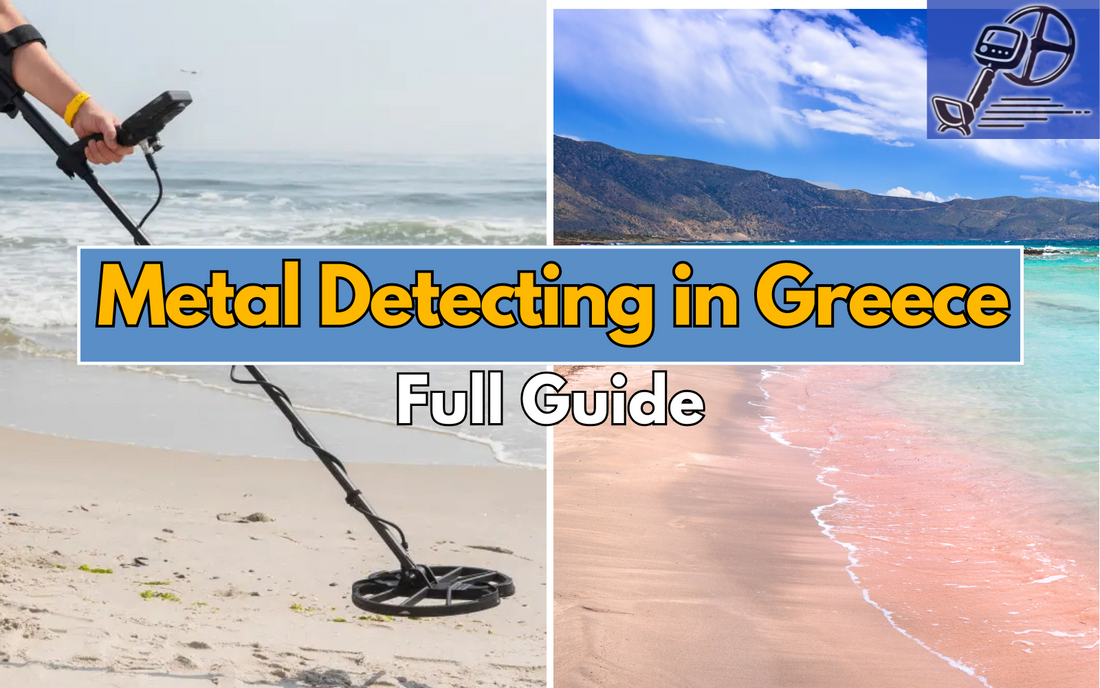
Metal Detecting in Greece: Island Beaches, Ancient Coins, and Permits
Share
Greece’s sun-drenched islands, legendary beaches, and ancient history make it a magnetic destination for treasure hunters. From the sands of Crete and Mykonos to the rocky coves of Rhodes, the allure of discovering ancient coins or lost jewelry is undeniable.
However, Greece’s strict heritage laws and complex permit process mean that every detectorist must tread carefully. Here’s what you need to know to enjoy metal detecting on Greek islands—legally, safely, and with the spirit of a true explorer.
Is Metal Detecting Legal in Greece?

Metal detecting in Greece is tightly regulated and generally prohibited without a special permit from the Ministry of Culture. The laws are among the strictest in Europe, designed to protect the country’s immense archaeological heritage.
Key legal points:
-
You must obtain a license from the Ministry of Culture to own and use a metal detector.
-
Detecting on beaches requires additional permission, typically from the local mayor’s office.
-
Detecting for archaeological objects or in protected areas is strictly forbidden and can result in severe penalties, including imprisonment of up to 20 years.
-
All significant finds, especially ancient coins or artifacts, must be reported and deposited with local authorities.
How to Get a Metal Detecting Permit in Greece

Obtaining a permit is a lengthy and bureaucratic process that can take three to seven months.
Permit process:
-
Apply to the local culture department or Ministry of Culture with proof of detector ownership.
-
Submit a detailed map (often from Google Earth) marking the specific beaches or areas you wish to search.
-
Be as specific as possible—permits are usually granted for certain beaches, not general regions.
-
The permit is typically valid for one year and is free of charge.
-
All participants and the purpose of the search must be declared; only adults may apply.
-
Joining a local metal detecting club can help navigate the process and improve your chances of approval.
Important: You cannot detect in or near archaeological sites, monuments, protected zones, caves, or historic areas under any circumstances.
Best Island Beaches for Metal Detecting (With Permission)

With the right permit, Greece’s islands offer some of the most rewarding beaches for detectorists:
-
Elafonissi Beach, Crete: Pink sand, tourist hotspot, jewelry finds.
-
St. Georges Beach, Naxos: Family-friendly, modern coins, jewelry.
-
Paradise Beach, Mykonos: Busy, vibrant, best for tourist finds.
-
Plaka Beach, Naxos: Quiet, scenic, peaceful detecting.
-
Faliraki Beach, Rhodes: Popular, high foot traffic.
-
Golden Beach, Paros: Windsurfing, frequent visitors.
These beaches are known for lost coins, jewelry, and the occasional trinket from ancient times. Always check your permit for approved locations and avoid protected areas.
Ancient Coins and Notable Finds

Greece’s islands are steeped in history, and stories of detectorists unearthing ancient coins or relics are not uncommon—with the proper permits and strict adherence to the law. Finds have included:
-
Gold and silver coins from the era of Alexander the Great
-
Bronze and silver coins over 2,000 years old
-
Jewelry, buttons, and artifacts from ancient and medieval times
All such discoveries must be reported and handed over to authorities. Removing or keeping ancient finds without permission is a serious crime.
Tips for Responsible and Successful Detecting
-
Carry your permit and ID at all times.
-
Use a reliable detector suited for mineralized soils and beach conditions.
-
Detect early or late to avoid crowds and the midday sun.
-
Fill your holes and remove trash to keep beaches clean.
-
Join a local club for support, advice, and help with permits.
-
Never detect near archaeological sites or monuments, even if unmarked.
-
Report all significant finds to local authorities as required by law.
The Treasure Hunter’s Spirit
For many, the real joy of metal detecting in Greece is the adventure—the anticipation of a beep in the sand, the thrill of uncovering a coin lost centuries ago, and the connection to a land where myth and history intertwine. Whether you find a modern ring or glimpse a piece of ancient Greece, the journey itself is a reward.
Conclusion
Metal detecting on Greece’s island beaches is possible, but only for those willing to navigate the country’s strict legal landscape and obtain the necessary permits. Focus on permitted beaches, respect the law, and hunt with care and curiosity. The legends of ancient coins and lost treasures live on—not just in what you find, but in the stories you’ll tell and the history you’ll help preserve.

